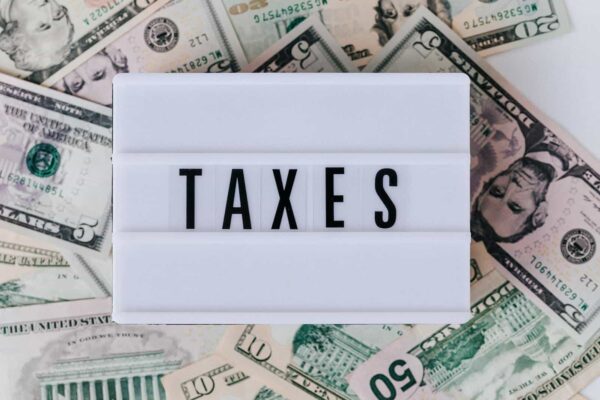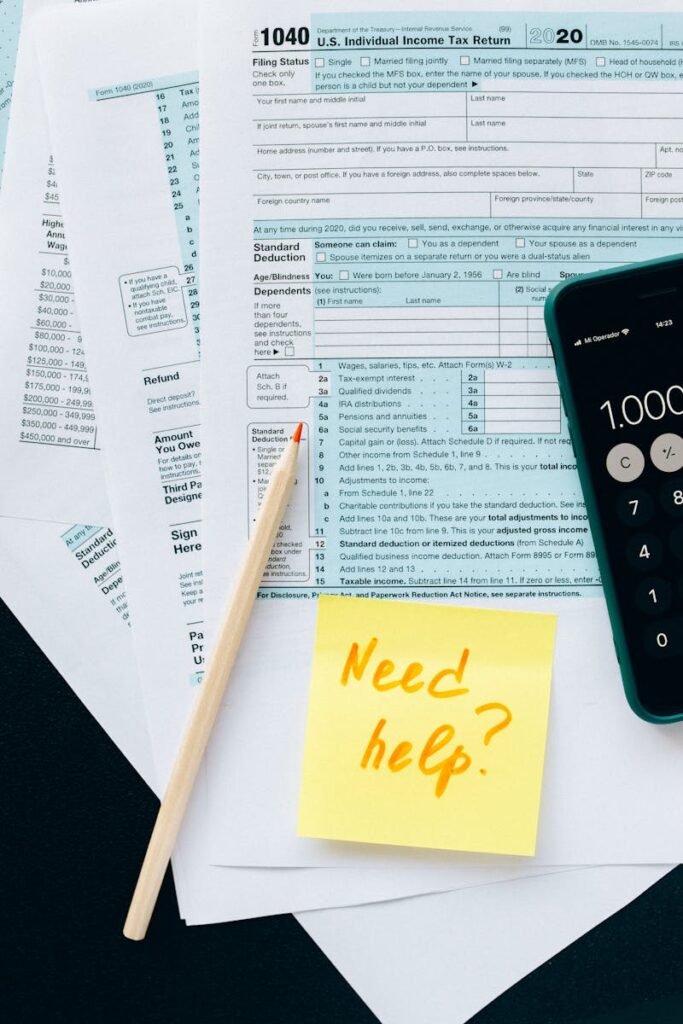
Newsletter Subscribe
Enter your email address below and subscribe to our newsletter

Plenty of Americans are buzzing about the supposed $2,000 direct deposit payment , a IRS Stimulus, coming in October 2025.
The concept of direct payments to citizens has been a hot topic, especially in recent years. Various forms of financial assistance have been discussed, including stimulus payments and other relief efforts. The impact of such payments can be significant, providing much-needed support for families struggling to make ends meet. For many, these payments can cover essential expenses like groceries, rent, and medical bills, contributing to overall financial stability.
Official announcements regarding relief programs can often be riddled with uncertainty, leading to speculation and confusion among the public. This underlines the importance of relying on verified sources for accurate information. It’s easy to become swept up in the waves of rumors circulating on social media, especially when they tap into the anxieties people face during tough economic times. Being informed requires discernment and vigilance against misinformation.

Prioritizing assistance for low- and middle-income individuals is a key consideration in economic policy. This ensures that the most vulnerable populations receive the support they need during economic downturns. Programs aimed at helping seniors and families with children are essential in addressing the unique challenges these groups face. For instance, seniors might have fixed incomes that do not keep pace with rising living costs, while families could be managing childcare expenses that are a substantial part of their budget.
It is crucial to maintain a habit of checking official channels for updates. The IRS website, for example, offers reliable information regarding tax credits, refunds, and any potential stimulus payments. Additionally, local government websites may provide resources and guidance for citizens looking for assistance in their communities. Staying informed can empower individuals to take necessary actions when support options become available.
The absence of announcements regarding new payments doesn’t diminish the significance of previous stimulus efforts. The federal government has a history of implementing assistance programs during economic crises, and understanding this context is vital. Analyzing past stimulus packages can provide insight into how they impact the economy and individual lives. For example, the CARES Act introduced in 2020 was a response to the COVID-19 pandemic and involved direct payments, enhanced unemployment benefits, and support for businesses.

Engagement with social media can be a double-edged sword when it comes to information dissemination. While it can foster community support and quick information sharing, it can also lead to the spread of false claims. To mitigate the risk of falling prey to misinformation, users should practice critical thinking and verify the claims they encounter. This can involve cross-referencing information with trusted news outlets or official statements from government agencies.
Understanding the distinction between reliable information and unfounded claims is essential for informed decision-making. Misinformation can lead individuals to make financial decisions that may not be in their best interest, such as investing in questionable programs or scams that promise high returns. Staying updated through trustworthy channels not only safeguards personal finances but also helps to maintain a well-informed public discourse.
As we navigate through financial uncertainty, the importance of community support cannot be overstated. Engaging with local resources, participating in community discussions, and advocating for transparent information can foster resilience. Individuals can also share their experiences and knowledge, contributing to a more informed populace that is better equipped to handle economic challenges. The power of collective awareness can lead to stronger advocacy for policies that truly address the needs of citizens.

Always trust official government sources for info on relief programs.
There’s talk that low- and middle-income folks would get priority. Seniors and families with kids would also get extra support.
Since there’s no official word from the government, Americans should stick to trusted sources like the IRS website for updates about financial help.
But let’s be clear: the federal government and IRS haven’t announced any such payment, and those rumors are just that—rumors.
Social media and random websites keep spreading these claims, which has left a lot of folks confused. According to official sources, the viral talk about IRS stimulus checks in October 2025 is completely false.
No federal agency has confirmed any new stimulus payments for that time frame. If you see sites or posts hyping these claims, it’s best to stay skeptical.
Honestly, it’s important to sort fact from fiction here. Knowing the truth helps people avoid scams and wild misinformation.